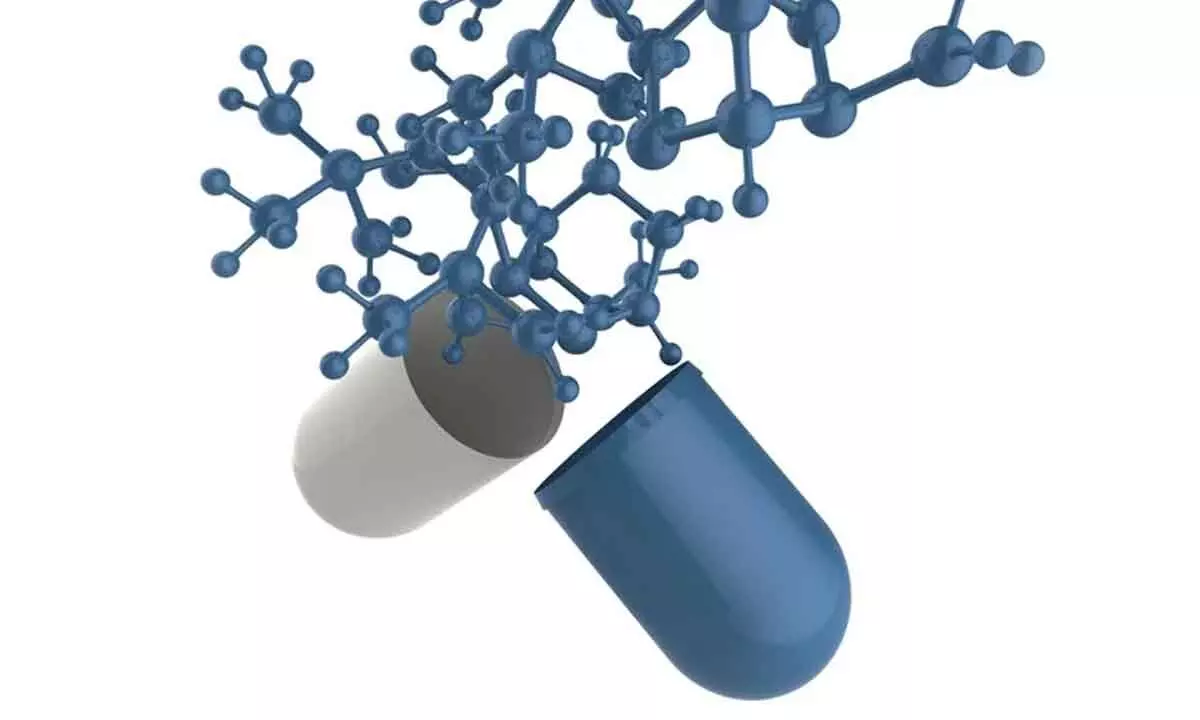New drug can reduce bacteria's ability to develop antibiotic resistance
Share :

Researchers have developed a drug that, in laboratory cultures and animal models, has shown to significantly reduce the ability of bacteria to develop antibiotic resistance, which might prolong antibiotic effectiveness.
Researchers have developed a drug that, in laboratory cultures and animal models, has shown to significantly reduce the ability of bacteria to develop antibiotic resistance, which might prolong antibiotic effectiveness.
The drug, called dequalinium chloride (DEQ), is a proof-of-concept for evolution-slowing drugs; and a solution to the global problem of bacterial antibiotic resistance, which was responsible for nearly 1.3 million deaths in 2019. Antibiotic resistance can lead to up to 10 million deaths annually by 2050.
"Most people with bacterial infections get better after completing antibiotic treatment, but there are also many cases in which people decline because the bacteria develop resistance to the antibiotic, which then can no longer kill the bacteria," said corresponding author Dr Susan M. Rosenberg, Professor of molecular and human genetics, biochemistry at Baylor College of Medicine in Texas, US.
In the study, the team looked for drugs that could prevent or slow down E. coli bacteria from developing resistance to two antibiotics when exposed to a third antibiotic, ciprofloxacin (cipro), the second most prescribed antibiotic in the US and one associated with high bacterial resistance rates.
The resistance is caused by new gene mutations that occur in the bacteria during infection. The drug DEQ reduces the speed at which new mutations are formed in bacteria, reported the team in the journal Science Advances.
Cipro resistance occurs mostly by the bacteria developing new mutations, both clinically and in the laboratory, rather than by acquiring genes that confer antibiotic resistance from other bacteria.
Looking to prevent the development of antibiotic resistance, the researchers screened 1,120 drugs approved for human use for their ability to dial down the master bacterial stress response, which they showed counters the emergence of resistance mutations.
In addition, and counterintuitively, they wanted "stealth" drugs that would not slow bacterial proliferation, which would confer a growth advantage to any bacterial mutants that resist the mutation-slowing drug itself. That is, drugs that are not antibiotics themselves.
"We found that DEQ fulfilled both requirements. Together with cipro, DEQ reduced the development of mutations that confer antibiotic resistance, both in laboratory cultures and in animal models of infection, and bacteria did not develop resistance to DEQ," said first author Yin Zhai, a postdoctoral associate in the Rosenberg lab.
"In addition, we achieved this mutation-slowing effect at low DEQ concentrations, which is promising for patients. Future clinical trials are needed to evaluate the ability of DEQ to decelerate bacterial antibiotic resistance in patients."













